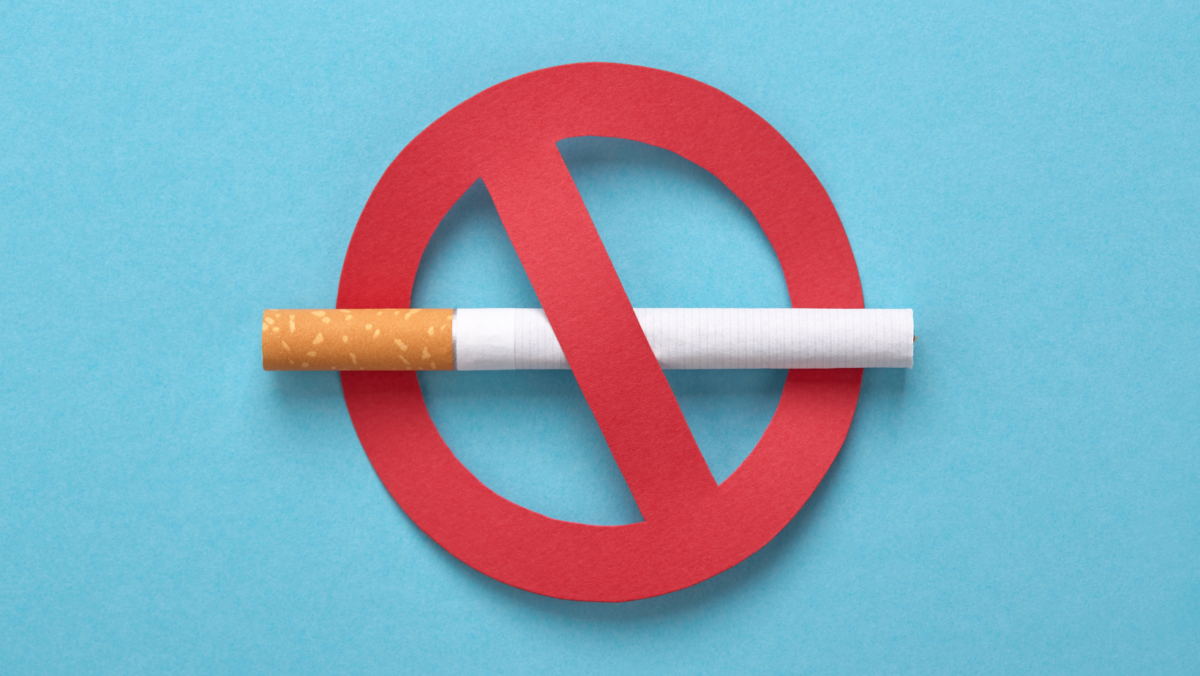Updated July 25th 2023
Following on from last weeks discussion on habits, let’s explore the science of habit forming a little more…
You may recall, I said previously that neurons link up with each other and form strong bonds based on your experiences, emotions, thoughts, and interactions, and that this is how behaviours, habits, and memories are formed. Once a linkage is made, we can either weaken it or strengthen it, based on our experiences etc.
Did you do your homework after last weeks blog? Did you think about what bad habits you might have? Well if you did, consider this:
The more you do something, the harder the habit is to break due to the strengthening of connections in the brain, and the easier it is to find yourself back in the behavioural pattern again, even if you make some attempt to change it. A protein blend collectively known as myelin insulates the wiring between the neurons. Every time you give in to that habit, (the thicker and more dense the myelin coating), the faster a neuron fires, and the more easily it fires.
Now, this is where it gets really interesting:
If you don’t fire the neurons, the myelin starts to unravel and fade away over time. How else would we eventually lose the feelings we felt towards our first love?!
The key to getting rid of unwanted habits, is to choose a new habit to replace the unwanted one with, and then strengthen the neurons through repetition, exposure, and emotions to the point where it becomes an easier path to take than your former one.
As I mentioned in last weeks blog, most of us think of bad habits as things such as eating junk food, smoking, drinking too much alcohol, not doing exercise, checking in on social media pages too much etc.
But if you did your homework from last week, what bad habits did you notice you have, habits that if changed could improve your relationships at home and at work, habits that if changed could improve how you do your job, making you more effective, or less stressed?
What new habit could you choose to develop which you could, with repetition, exposure and emotion (to strengthen the neurons), replace the unwanted one?
Sure, it may take 21 days, it may take 66 days and it may even take 245 days to become unchangingly automatic, but it will surely be worth the effort for a healthier life, more effective communication in the workplace and at home, and hence more successful and rewarding relationships, won’t it?
Just remember that it may take longer than you think to change the habit, but that if you fall off the wagon for a day or two, you can get right back on and keep going. Just because you stop doing the new behaviour, does not mean you are unable to form this new habit. It just means that it is challenging for you because the neurons are linked strongly to each other based on repetition etc.
The great thing is, that the bursts of doing the new thing will be strengthening the neurons each and every time you do it! So if you fall of the wagon, get back on it, don’t beat yourself up and move forward!
And if you want to speed up the process, tune in for upcoming weekly blogs…

